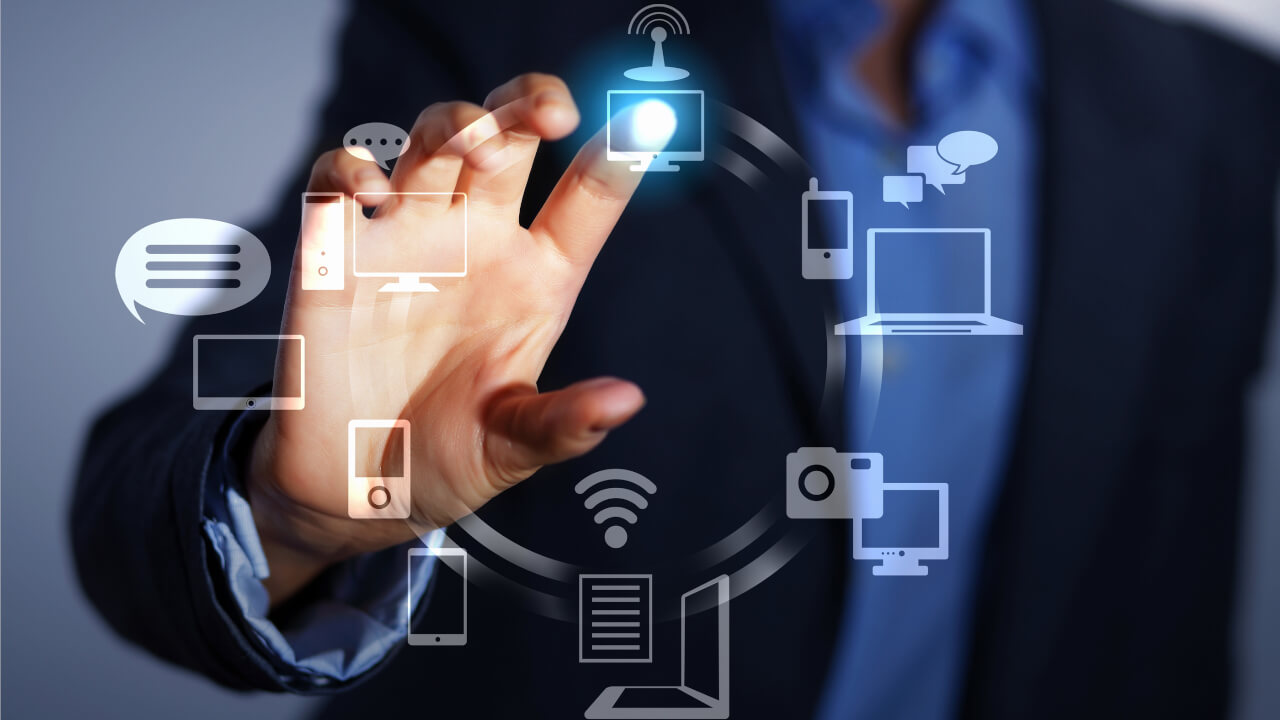In the post-pandemic world, hotels have had to quickly modernize their technology infrastructure to provide more digital and contactless options for guests, as well as operate efficiently with leaner teams.
NB: This is an article from Cloudbeds, one of our Expert Partners
The guest experience has become more self-service and tech-dependent, with hotels leveraging technology to create more meaningful touch points throughout the traveler’s journey. Read on to learn more about the 5 ways that technology has changed the guest experience and how hotels can take advantage of the latest trends and technology to exceed guest expectations.
Subscribe to our weekly newsletter and stay up to date
What is the hotel guest experience?
Before we jump into how technology has changed the hotel guest experience, we first need to define what it is. The guest experience is the sum total of a guest’s interactions with a property and its team members throughout the guest journey. While most of the experience takes place on the property, it also considers the guest’s pre and post-stay experience as well (an area many independent properties tend to overlook).
To summarize, the guest experience can be broken down into three stages:
- Pre-stay: where guest expectations are set through marketing messages and pre-stay communications. Think: your website, live chat agents, booking engine, social media profiles, etc.
- In-stay: guest’s arrival through to departure where expectations meet reality. Think: digital check-in, cleanliness, amenities, etc.
- Post-stay: where hotels can remain connected to guests to gather feedback and encourage loyalty. Think: post-stay surveys, review links, promotional emails, etc.
5 technology trends changing the guest experience
Technology is transforming the guest experience. Today’s guest expects technology to play a part in virtually every aspect of their lives, including travel. Here are a few new technology trends that have changed the guest experience.
- Automation – we can do more with less thanks to the automation built into most technology solutions. With labor shortages facing the hospitality industry, automation has helped ease the burden on hotel staff, allowing them to do the same amount of work with fewer resources. Guests have come to expect that many processes are automated; for example, when they book through a hotel’s booking engine, they expect an automated confirmation email to be delivered immediately.
- Guest messaging – guest service has shifted to digital channels like live chat, SMS, and messaging apps. Hotels are expected to have guest messaging software in place for guests to utilize throughout the entire traveler’s journey to access information and ask questions. Hotels can also use guest messaging to provide upsell opportunities to increase revenue while delivering personalized value to guests.
- Operational tools – to ensure a seamless guest experience, all the behind-the-scenes operations like housekeeping and maintenance must run smoothly. This is done through hotel technology that facilitates communication across departments, replacing manual checklists with automated alerts and workflows that can be assigned and updated in real time.
- Self-service – post-pandemic, guests are much more self-sufficient, and many prefer self-service options. Providing the opportunity for guests to bypass the front desk by completing digital check-in or accessing their room with a mobile key can significantly improve the guest experience.
- Cloud-based PMS – a cloud-based PMS is critical to ensure harmony between the above technology solutions because all of the tools should be able to integrate with each other and share the same data for optimum efficiency. Cloud PMS consolidates data and technology, allowing staff to provide a friction-free guest experience.
Tips for improving the guest experience through technology
While it’s important to understand what technology trends are rising in importance across the industry, you may wonder how your property can implement these trends. When deciding which tactics to implement, consider what your guests value and expect from your property – as these will differ across property types and guest personas.
- Practice service recovery. Mistakes happen no matter how careful you are. Instead of finding out after the fact that a guest was unhappy with an aspect of their stay, use guest messaging to send a mid-stay check-in to ask how everything is going. This is a great way to identify any areas of service recovery that you can conduct while they’re still on the property (and increases the likelihood of a positive review).
- Implement quality checks. Quality and consistency are crucial for a positive guest experience. Implement digital checklists and automated room inspection workflows as part of your staff protocol to ensure that there are no issues throughout a guest’s stay.
- Find ways to go above and beyond. Little details and personal touches go a long way in the guest experience. Add a question during the digital booking or check-in process asking guests if they have any special requests or if they will be celebrating a special occasion. This way, your staff has the opportunity to prepare a personalized surprise, like a note or chocolates, to delight your guests upon arrival.
- Ask for feedback. You’ll never truly know how guests feel about their stay unless you ask. As part of your automation strategy, send a post-stay survey to every guest after departure. Here you can collect feedback that can be used to make improvements. You can also send guests a review link to the OTAs or other sites of your choice so you can collect more reviews for your property – which are essential to attracting more bookings.
Providing more than just a room
Hotels need to provide more than just a room to exceed guest expectations. They need to be thoughtful about the experience they provide to guests and incorporate personalized touch points throughout every stage of the traveler’s journey. Technology has significantly impacted what guests expect when traveling, but thankfully, it also helps hotels automate processes and provide memorable experiences, effortlessly.





